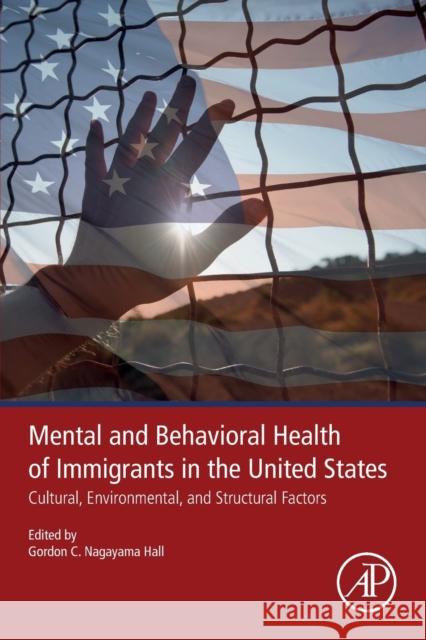Mental and Behavioral Health of Immigrants in the United States: Cultural, Environmental, and Structural Factors » książka
topmenu
Mental and Behavioral Health of Immigrants in the United States: Cultural, Environmental, and Structural Factors
ISBN-13: 9780128161173 / Angielski / Miękka / 2020 / 340 str.
Mental and Behavioral Health of Immigrants in the United States: Cultural, Environmental, and Structural Factors
ISBN-13: 9780128161173 / Angielski / Miękka / 2020 / 340 str.
cena 575,58 zł
(netto: 548,17 VAT: 5%)
Najniższa cena z 30 dni: 569,69 zł
(netto: 548,17 VAT: 5%)
Najniższa cena z 30 dni: 569,69 zł
Termin realizacji zamówienia:
ok. 30 dni roboczych
Bez gwarancji dostawy przed świętami
ok. 30 dni roboczych
Bez gwarancji dostawy przed świętami
Darmowa dostawa!
Kategorie:
Kategorie BISAC:
Wydawca:
Academic Press
Język:
Angielski
ISBN-13:
9780128161173
Rok wydania:
2020
Ilość stron:
340
Waga:
5.45 kg
Wymiary:
22.86 x 15.24 x 1.8
Oprawa:
Miękka
Wolumenów:
01
Dodatkowe informacje:
Bibliografia











